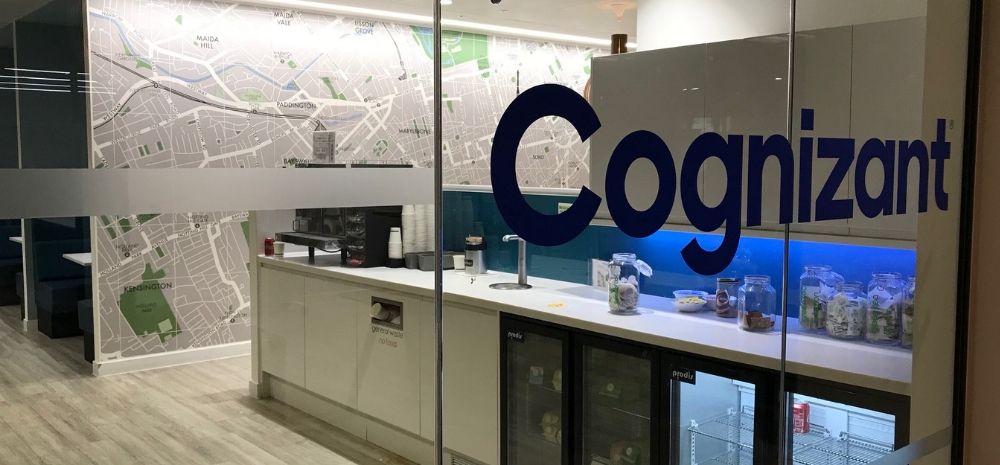Cognizant Technology Solutions Corp was recently found liable for discriminatory conduct against non-Indian workers. A US jury ruled that the company engaged in biased employment practices favoring South Asian employees, specifically from India. This verdict came after a failed attempt by Cognizant to convince a federal judge in Los Angeles to dismiss the lawsuit, which has been ongoing since 2017.

The class-action lawsuit was initially filed by three employees who identified as “Caucasian,” alleging that they were unfairly terminated after being “benched” without work and replaced by “visa-ready” Indian workers. This discriminatory pattern led to the case being escalated and eventually taken to court, where the jury ruled in favor of the plaintiffs.
Cognizant’s Response and Planned Appeal
Cognizant expressed disappointment with the verdict and stated that the company would appeal the decision. A spokesperson for the company, Jeff DeMarrais, emphasized that Cognizant has built a diverse and inclusive workplace and follows a strict equal employment opportunity policy. In his emailed statement, DeMarrais stressed that the company is committed to creating a culture where all employees feel valued and have the opportunity to succeed.
H1-B Visa Practices Under Scrutiny
The trial also spotlighted Cognizant’s involvement in the H1-B visa program, which has been criticized for allegedly allowing companies to prioritize foreign workers over local employees. Bloomberg News reported that Cognizant was among several outsourcing firms accused of exploiting loopholes in the H1-B visa lottery system. Despite these accusations, Cognizant defended its compliance with US visa laws and highlighted its increased hiring of American workers in recent years to reduce dependence on foreign labor.
The Palmer v. Cognizant Case
The legal battle, known as Palmer v. Cognizant Tech Solutions Corp, has attracted significant attention due to its implications for employment practices in the tech industry. The jury’s decision has set a precedent for how companies manage hiring and employment decisions, particularly concerning diversity and visa-related policies.
As the case progresses with Cognizant’s planned appeal, it continues to shed light on the ongoing tensions surrounding employment discrimination and visa practices in the US tech sector.











